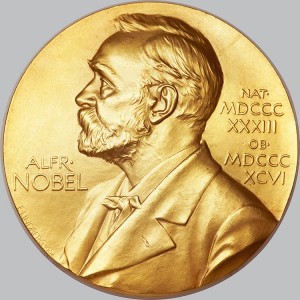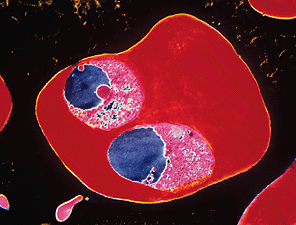Nobel Peace Prize
Wednesday, October 12th, 2016October 12, 2016
Last Friday, the Norwegian Nobel Committee announced that it had chosen Colombian President Juan Manuel Santos as the recipient of the 2016 Nobel Peace Prize. The committee cited Santos’s “resolute efforts to bring the country’s more than 50-year-long civil war to an end, a war that has cost the lives of at least 220,000 Colombians and displaced close to six million people.” Since 1964, Colombia’s government had been engaged in a conflict with the Revolutionary Armed Forces of Colombia (FARC), a left-wing guerrilla group with Communist ideals. Santos initiated negotiations between the government and the FARC that yielded a historic peace agreement. However, Colombians narrowly rejected the agreement in a plebiscite (public vote) held on Oct. 2, 2016.
Santos’s government began peace talks with the FARC in 2012 in Havana, Cuba, and negotiations had continued off-and-on ever since. The latest round of talks focused on six main topics: agrarian reform; political participation by the FARC; drug trafficking, which financed the group; justice for civil war victims; disarmament, demobilization, and social reintegration of FARC guerrillas; and implementation of the agreement.
In August 2016, Santos and Rodrigo Londoño, lead negotiator for the FARC, announced they had reached a final peace agreement, which they signed in late September. The agreement was subject to public approval, and a celebratory mood and polls leading up to the plebiscite suggested Colombians were hungry for peace and would accept the deal. Santos had emphasized the deal’s importance by stating that there was no “Plan B” if it failed. The nation was left reeling and international observers were shocked after a slim majority of 50.2 percent rejected the deal. Opponents of the deal, led by former President Álvaro Uribe (a long-time hardliner opposed to any negotiations with the FARC), viewed the terms of peace as too lenient. For example, guerrillas who confessed to their crimes would not go to prison but would instead perform such acts of reparation as clearing land mines. The deal also would guarantee the FARC 10 seats in Colombia’s Congress from 2018 to 2026.
Following the vote, both Santos and Londoño expressed intentions to continue working toward peace. Santos also sought to create a dialogue with Uribe and the deal’s opponents. A cease-fire between the FARC and the government remained in place. After awarding the Peace Prize to Santos, the Nobel Committee expressed its wish “to encourage all those who are striving to achieve peace, reconciliation and justice in Colombia.” The committee also stated the belief that “much of the groundwork has been laid for…disarmament of the FARC guerrillas and a historic process of national fraternity and reconciliation.” Santos dedicated the Nobel Prize to all Colombians who have suffered from the civil war, and he donated the monetary prize of 8 million Swedish kronor (about $925,000) to the war’s many victims.




